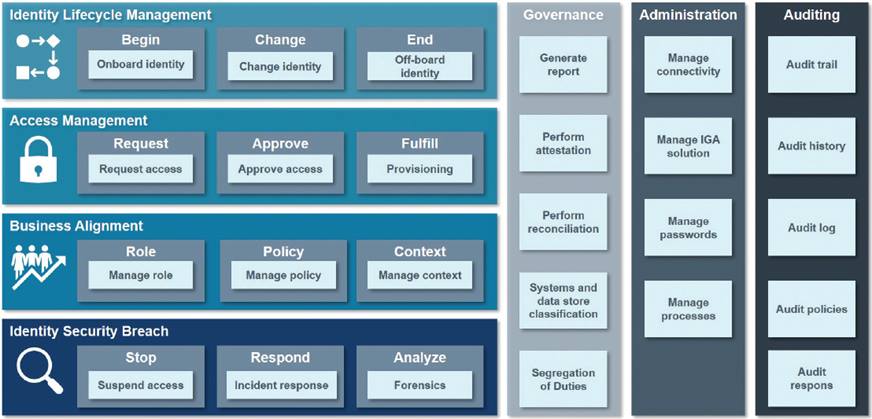Green is good business


Today, being an environmentally sustainable business is more than just having a box for paper recycling in the corner of each office. Today, green is big business – and companies are choosing to do business with other companies that are environmentally conscious. So, what are the good habits that environmentally sustainable businesses adopt?
First and foremost, businesses aspiring to be regarded as green deploy environmental management systems to track and enhance their environmental performance. Barry Venter, CEO of Nashua, says: “Attaining certifications, such as ISO 14001, not only benefits the environment, it assures those who do business with the organisation of its sustainability initiatives.”
Based on the requirements of the ISO 14001 standard, companies need to implement projects and initiatives around sustainability. Over and above that, the business also has to comply with its suppliers’ requirements so that they, in turn, are compliant. Venter underlines the importance of ensuring sustainability across the supply chain.
“When it comes to suppliers, companies need to consider all of the products that they acquire from suppliers and how these are produced or manufactured – and if this is being done in an environmentally friendly manner. You also need to consider whether your suppliers are ISO 14001 certified and what green initiatives they have in place.”
Venter says businesses need to have an environmental policy statement that they commit to. “The aim is to achieve the organisation’s sustainability goals and commit to all of the activities around that in order to preserve the environment.”
He goes on to outline the five main areas in which businesses can make a difference by implementing green initiatives.
1. Energy conservation
Businesses need to set annual targets in terms of the quantities of energy they consume, aiming to reduce their consumption by a set percentage annually. Measures such as deploying energy-saving LED bulbs, switching off lights in vacated spaces, closing doors to maintain temperatures, setting all computers to sleep mode and ensuring that printers automatically print double-sided can make a significant difference.
2. Water conservation
There are various water-saving methods that companies can introduce, says Venter. For example, using buckets to wash cars instead of hosepipes, checking taps daily for leaks and repairing them where required, watering gardens less frequently and in the evenings and installing dual flush ablution systems will all cut back on water usage. “It’s key to educate employees and visitors on water conservation via initiatives that span online, signage around the building and during induction for new employees and contractors.”
3. Greenhouse gases
Reducing the amount of business travel and overall diesel consumption in the business will reduce its carbon footprint. This includes virtual meetings, which have become more acceptable as a result of the new normal and low touch economy, and doing weekly planned trips using company vehicles instead of daily ad hoc trips. However, cautions Venter, the lockdown could result in skewed figures for 2020, and that needs to be taken into account.
4. Green chemicals
Ensure the service provider that cleans your building uses chemicals that are biodegradable and environmentally friendly.
5. Recycle
Deploy an integrated waste management programme to reduce, re-use and recycle all of the waste generated in the building, including paper, plastic, tins and even cooking oil in the canteen, if there is one. Venter advises that the business generates a monthly report on waste that has been recycled. He also advocates recycling e-waste, refurbishing electronic equipment, harvesting and re-using spare parts where possible, and responsibly disposing of the remainder.
“Having an activities and impact register that’s reviewed annually will enable the business to assess how its various activities could potentially impact the environment and outline how this can be minimised.”
He points out: “Over and above the obvious cost savings on energy and water, today’s businesses want to do business with companies that are environmentally aware. Often, ISO 14001 compliance is a prerequisite on tender documents. Companies want to know what you’re doing in terms of environmental preservation, and you need to have the documentation to back up those claims.”

